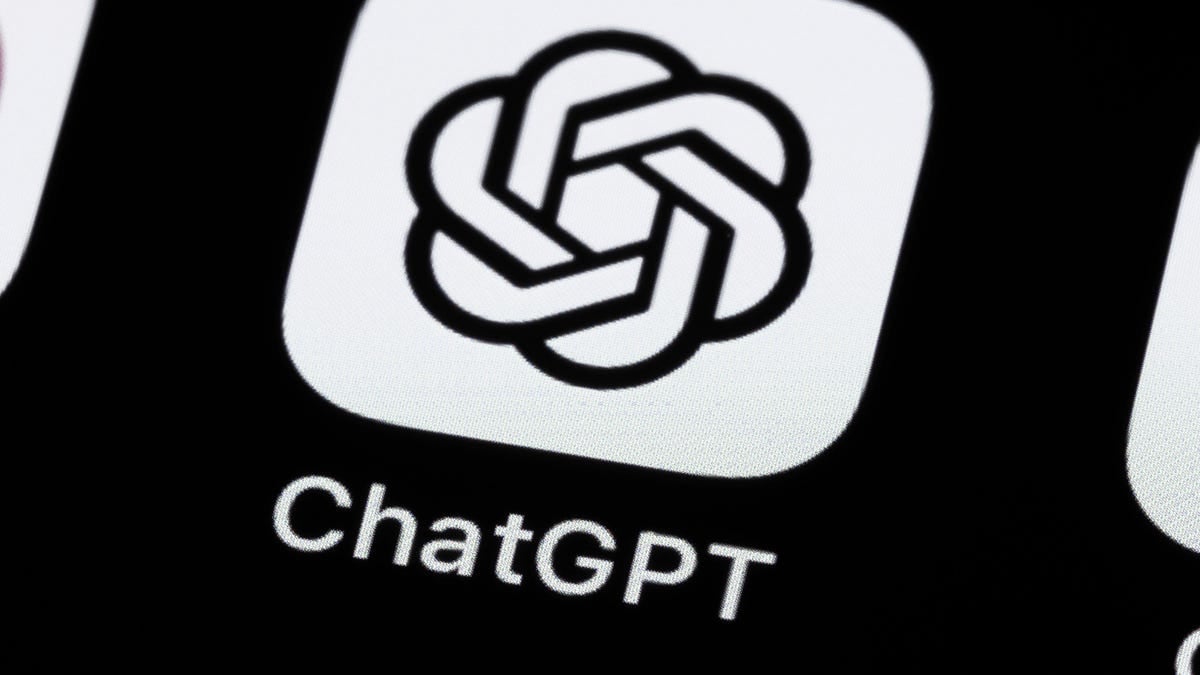- cross-posted to:
- fuck_ai@lemmy.world
- cross-posted to:
- fuck_ai@lemmy.world
The research from Purdue University, first spotted by news outlet Futurism, was presented earlier this month at the Computer-Human Interaction Conference in Hawaii and looked at 517 programming questions on Stack Overflow that were then fed to ChatGPT.
“Our analysis shows that 52% of ChatGPT answers contain incorrect information and 77% are verbose,” the new study explained. “Nonetheless, our user study participants still preferred ChatGPT answers 35% of the time due to their comprehensiveness and well-articulated language style.”
Disturbingly, programmers in the study didn’t always catch the mistakes being produced by the AI chatbot.
“However, they also overlooked the misinformation in the ChatGPT answers 39% of the time,” according to the study. “This implies the need to counter misinformation in ChatGPT answers to programming questions and raise awareness of the risks associated with seemingly correct answers.”



Just playing devil’s advocate here, but if we could get to a future with algorithms so good they are essentially a talking version of all human knowledge, this would be a great thing for humanity.
“Obama is a Muslim”
That’s easy to say. Tell me how. Also tell me how to do it without it being biased about certain subjects over others. Captain Beatty would wildly disagree with this even being possible. His whole shtick in Fahrenheit 451 is that all the books disagreed with one another, so that’s why they started burning them.
There’s this series of books called the www series, about AI before AI was the new hot thing every company needed to mention at least once to get stock price to go up.
Tap for spoiler
Essentially an AI popped up on the internet, which was able to read everything. Due to this it was able to combine data in such a way that it found things like a cure for cancer by combining research papers that no one had ever combined. This is a very bad explanation, but I could see how this makes sense.
Spoiler free explanation: no human has read everything, I think there could be big implications if there’s an AI that has that can see connections that no one ever has.
We already had that with search engines and the world wide web.
But let’s say some company did it, a perfect AI that has read everything and doesn’t hallucinate.
A researcher is working on some experiments, if they could just route it through the AI, and it would annalyse if that experiment was even possible, maybe already done, this could speed up research.
With a truly perfect model, which the tech bros are aiming for, I can see the potential for good. I ofcourse am skeptical such a model is possible, but… I kinda see why it would be nice to have.